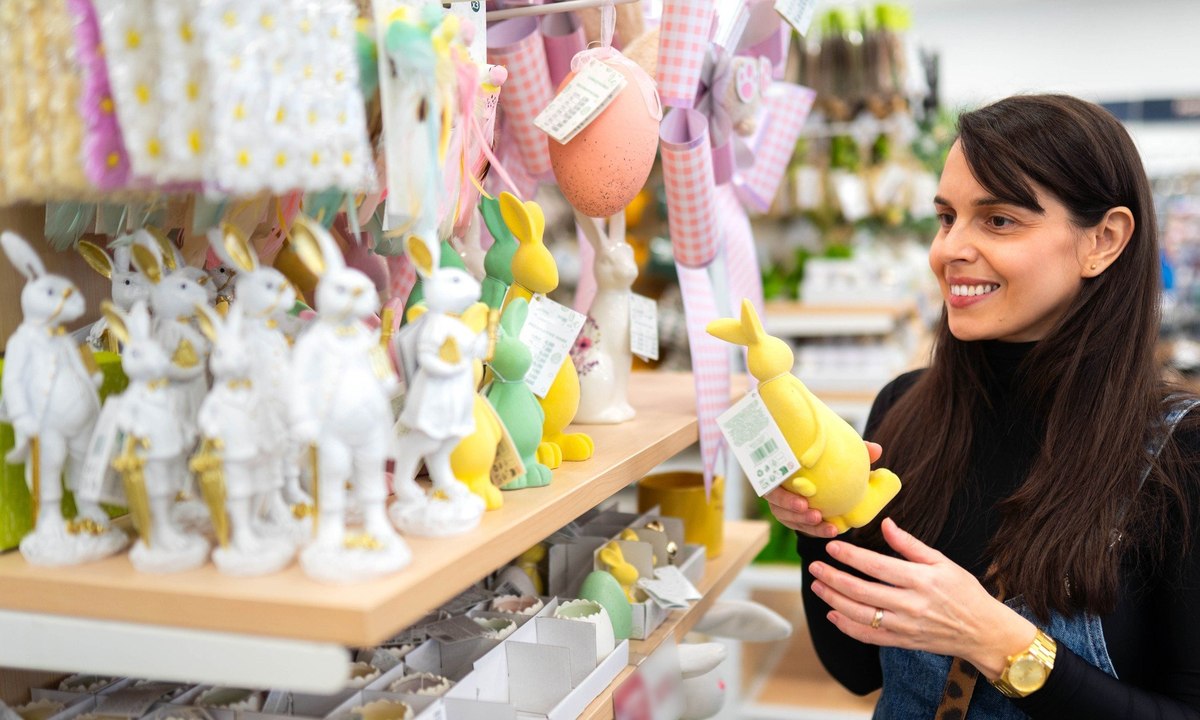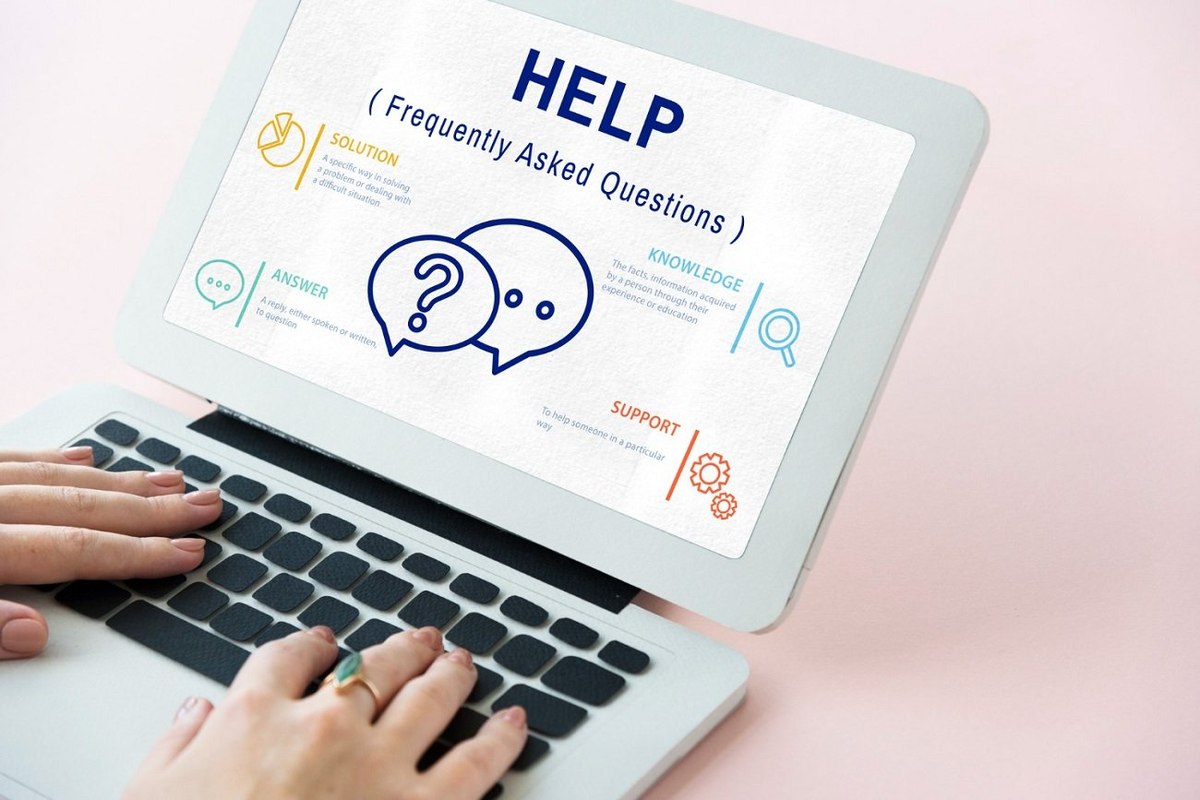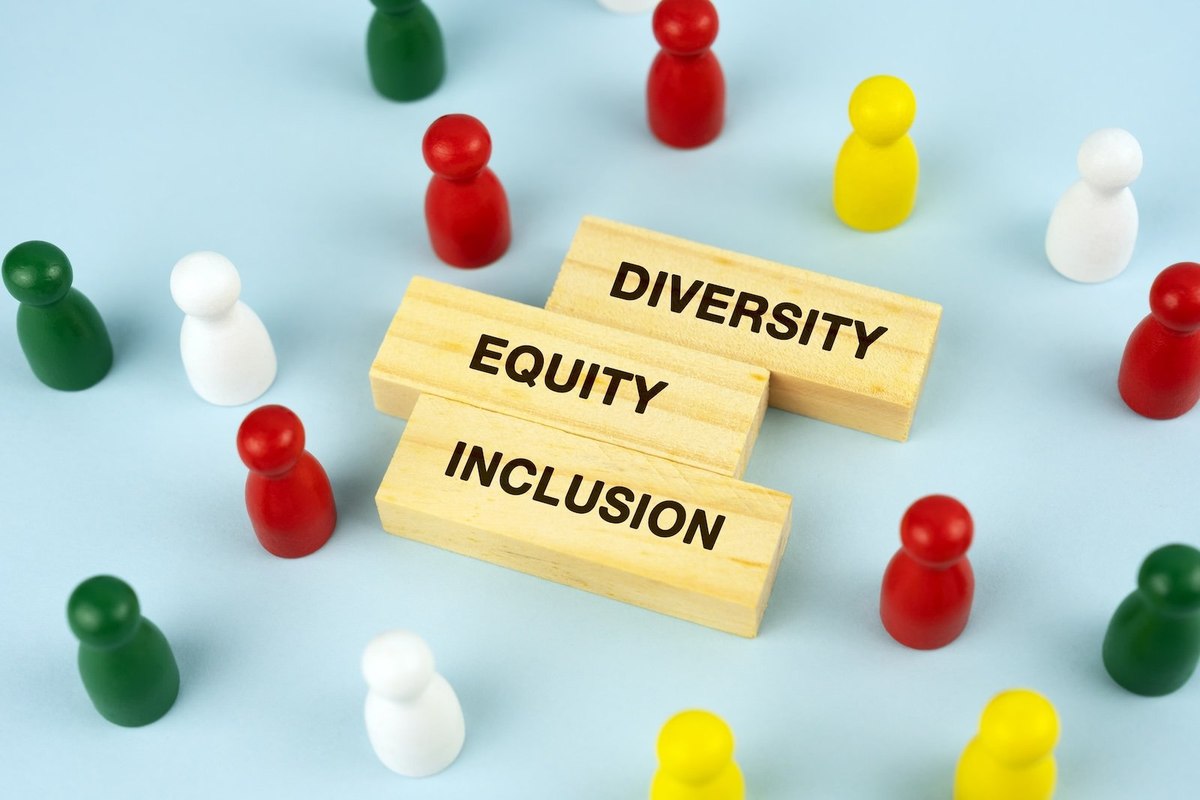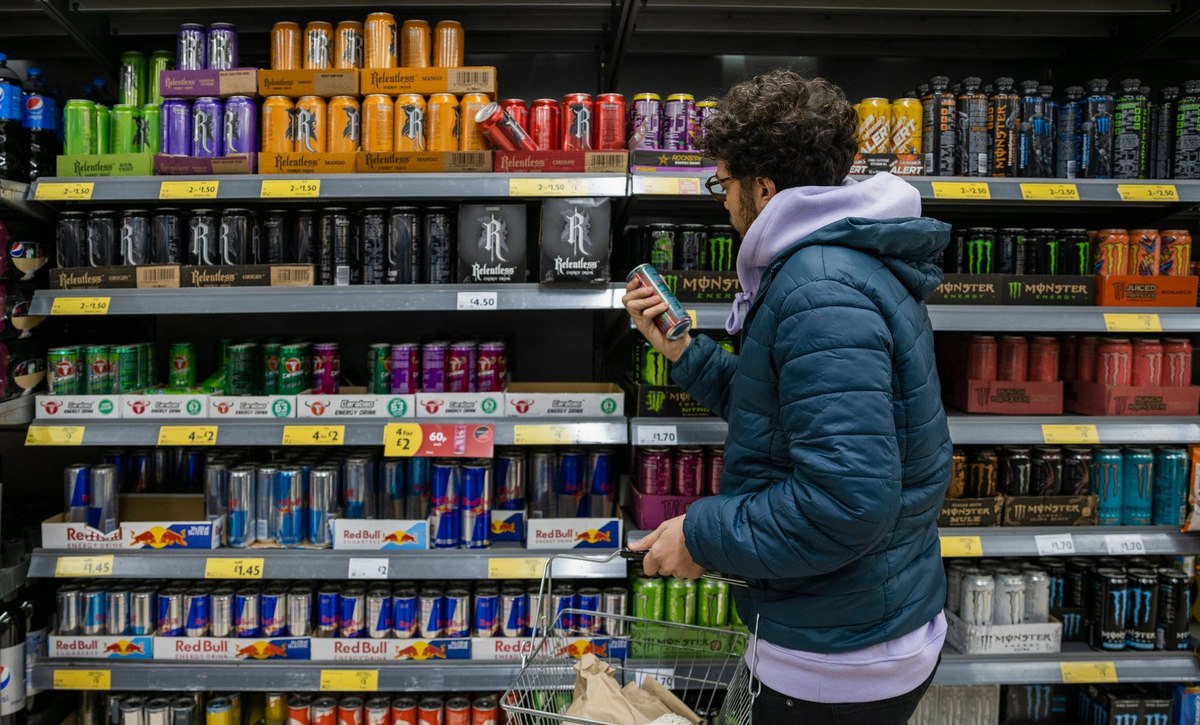
When influencers stumble: Exploring the ripple effect of controversies on brand perception
Positioned to grow by about 30.3% annually through 2028, the influencer marketing industry has doubled since 2019. Social media influencers are an integral part of many brands’ marketing strategy and in today’s evolving landscape of brand engagement, brand image can be positively or negatively impacted by the people these brands work with.
A recent YouGov study across 18 international markets explores the ramifications of controversies surrounding influencers on brand perception among consumers globally.
Perhaps unsurprisingly, more than a quarter of consumers globally (28%) say that when a social media influencer is in the news for controversial reasons, they lose trust in the brands connected with said influencer and are less likely to buy any of the brand’s products in the future.
Less than two fifths of respondents (17%) say though their trust in a brand would be damaged in such an event, they would still buy its products. On the other hand, more than one in five respondents (22%) say their trust in a brand would remain unaffected in case of scandals surrounding any connected social media influencers.
Looking at the results by age reveals that roughly a third of 18-24-year-old (31%) and 25-34-year-old (32%) consumers would not only trust brands less but would also be less likely to buy from them if social media influencers associated with them were involved in any controversies.
On the other hand, 25% of 35-44-year-olds and 45-54-year-olds say their perceptions of a brand would not change in such situations.
Interestingly, a substantially larger share of male respondents globally would continue to buy products from a brand despite their trust in the brand being damaged compared to their female counterparts (19% vs. 15%)
A further look at the data by region reveals that consumers across the UAE and APAC markets place more importance on the reputation and image of social media influencers when judging brands associated with them, compared to European and North American consumers.
When a social media influencer is in the news for poor behavior or breaking the law, two-fifths of consumers in the UAE and APAC regions (40% and 38% respectively) say they would lose trust in brands associated with them and would be less likely to purchase their products in the future.
On the other hand, consumers in the Western hemisphere are significantly less likelier to be influenced by such negative news, with 23% of European and 27% of North American respondents saying their trust in associated brands would not be damaged.
Explore our living data – for free
Discover more agencies content here
Want to run your own research? Run a survey now
Make smarter business decisions with better intelligence. Understand exactly what your audience is thinking by leveraging our panel of 20 million+ members. Speak with us today.
Methodology: YouGov Surveys: Serviced provide quick survey results from nationally representative or targeted audiences in multiple markets. The data is based on surveys of adults aged 18+ years in 18 markets with sample sizes varying between 512 and 2,007 for each market. All surveys were conducted online in March 2023. Data from each market uses a nationally representative sample apart from Mexico and India, which use urban representative samples, and Indonesia and Hong Kong, which use online representative samples. Learn more about YouGov Surveys: Serviced.

































